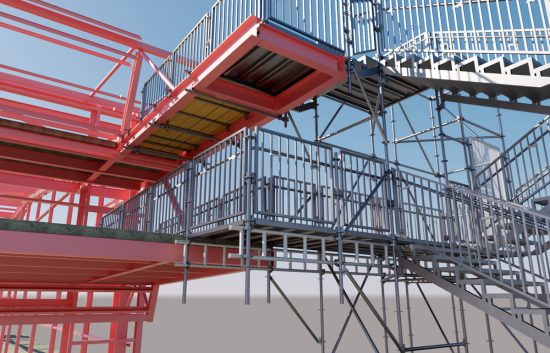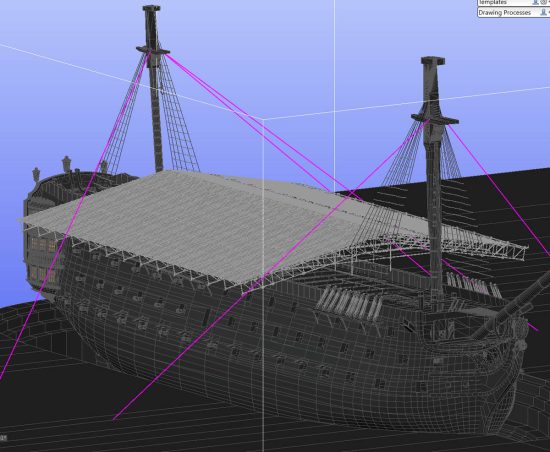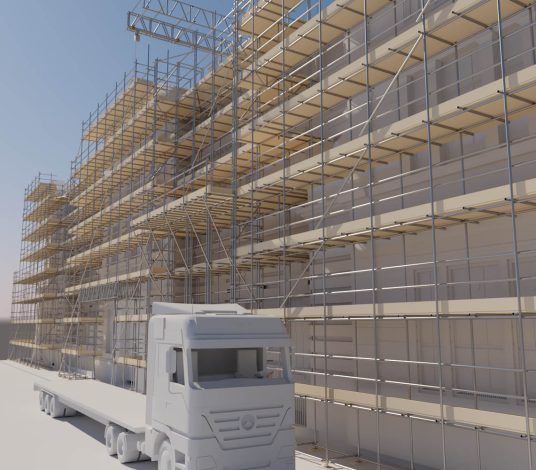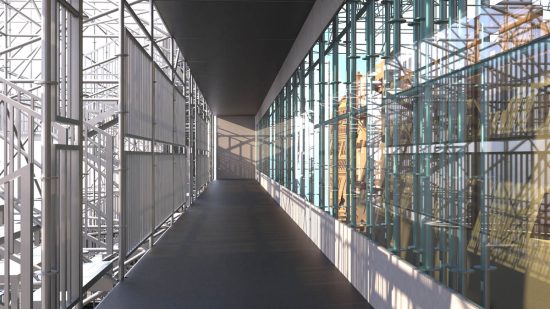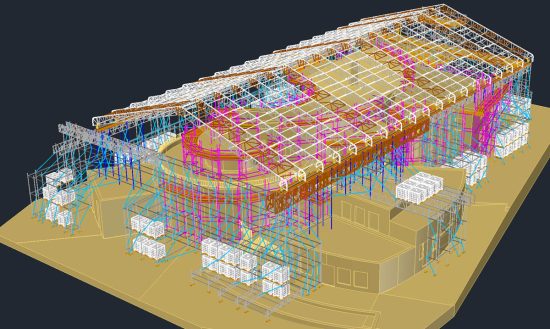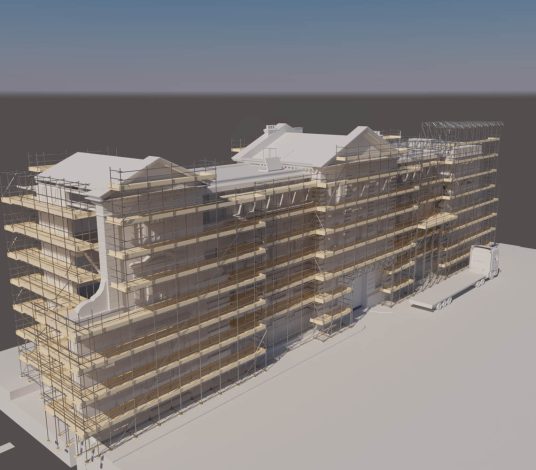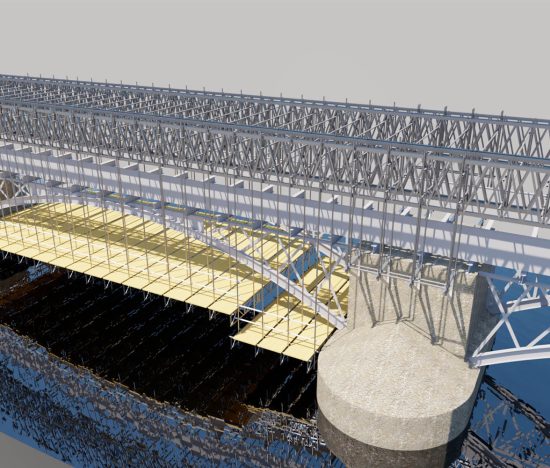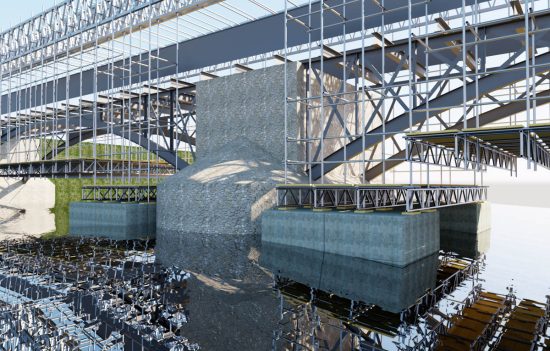Pioneering BIM Level 2 Accreditation
In the ever-evolving landscape of construction and engineering, staying ahead of the curve is not just a matter of pride; it’s a necessity. Here at PHD Access, we are thrilled to announce that we have achieved the Building Information Modelling (BIM) Level 2 accreditation. This achievement places us at the forefront of innovation in the industry, particularly in the realm of temporary works. In this article, we’ll explore what this accreditation means, the significance of the Building Information Modelling Capability Certification Scheme, and why our accomplishment is groundbreaking.

